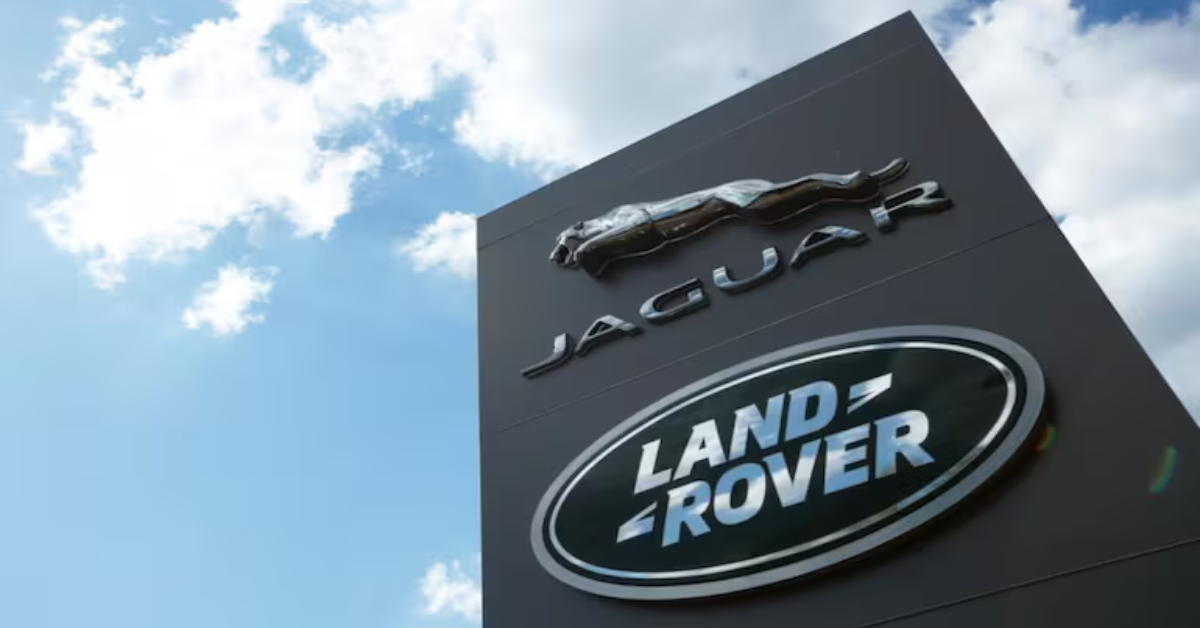Indian corporate giants are increasingly making their mark on the global stage with significant acquisitions, particularly in the United Kingdom. The latest to join this illustrious group is Bharti Enterprises, known for its telecom powerhouse Bharti Airtel. With Bharti Global’s recent $4 billion investment to acquire a 24.5 percent stake in BT Group Plc, the Indian conglomerate has cemented its position as a major player in the UK market. This move places Bharti Global as the largest shareholder in BT Group, reflecting a broader trend of Indian firms expanding their influence across the Atlantic.
Bharti Enterprises’ Landmark Acquisition
Bharti Global Takes the Lead
Bharti Enterprises has made headlines with its substantial investment in BT Group Plc, a British telecom giant. This $4 billion deal, executed through Bharti Global, marks one of the most significant overseas investments by an Indian corporate entity. The acquisition of a 24.5 percent stake from Altice UK, the largest shareholder in BT Group, has positioned Bharti Global as the leading shareholder in the British telecom company. This strategic move not only highlights Bharti’s global ambitions but also reflects the growing trend of Indian conglomerates acquiring substantial stakes in British firms.
A Look at Other Indian Conglomerates in the UK
Tata Group: A Legacy of Acquisitions
The Tata Group, one of India’s oldest and most respected business houses, has an impressive portfolio of British acquisitions. The group’s foray into the UK began with the acquisition of Tetley Tea in February 2000, a move that expanded its presence in the global beverage market. This was followed by Tata Motors’ purchase of Jaguar Land Rover (JLR) in 2008 for $2.3 billion, and the acquisition of Anglo-Dutch steelmaker Corus Group in 2007 for $12 billion, now known as Tata Steel Europe. Last year, Tata Group further solidified its commitment to the UK with a $5.1 billion investment in a new electric car battery factory, underscoring its long-term strategic interests in the region.
Reliance Industries: Diversified Investments
Reliance Industries, led by Mukesh Ambani, has also made notable strides in the UK market. In 2021, Reliance’s new energy unit acquired Faradion Ltd, a British battery technology company, for $135 million. Prior to this, in 2019, Reliance Brands acquired the historic British toy store chain Hamleys from C Banner International Holdings for $88.5 million. These investments reflect Reliance’s strategic focus on expanding its footprint in high-growth sectors, from energy technology to retail.
Other Noteworthy Indian Firms
Wipro’s Acquisition of Capco
Indian tech giant Wipro made headlines in 2022 with its acquisition of Capco, a UK-based management consultancy firm, in a deal worth $1.45 billion. This acquisition highlights Wipro’s strategic expansion into the consulting space, strengthening its position in the global technology and consulting market.
Eicher Motors: Reviving a Classic
Eicher Motors, known for its mid-weight motorcycles, acquired the iconic British brand Royal Enfield, established in 1901. This acquisition has allowed Eicher to leverage Royal Enfield’s rich heritage and global reputation, enhancing its presence in the premium motorcycle segment.
Mahindra and Mahindra: Resurrecting BSA Motorcycles
In 2021, Mahindra and Mahindra acquired BSA Motorcycles, a historic British motorcycle brand that had been dormant for nearly 50 years. The relaunch of BSA Motorcycles with the Gold Star 650 model marks a significant milestone for Mahindra, blending historical significance with modern innovation.
TVS Motor Company: Expanding into Electric Bikes
TVS Motor Company acquired the iconic British brand Norton in 2020. Additionally, in fiscal 2023, TVS bought a 70 percent stake in EBCO Ltd, a company focused on producing and distributing electric bikes in Britain. These moves reflect TVS’s strategy to diversify its portfolio and tap into the growing electric vehicle market.
Wadhawan Global Capital: Investing in Digital Banking
Wadhawan Global Capital, an Indian investment group, was the lead investor in a £32-million fundraise by British digital bank Zopa in 2017. This investment underscores the growing interest of Indian firms in the UK’s financial technology sector.
Indian-Owned Companies Making Their Mark
Indian Hotels and Essar Group
The Indian Hotels Company Limited, known for its Taj chain of hotels, owns the St James Court Hotel Ltd in the UK. Meanwhile, Essar Group’s rebranded EET Fuels (formerly Essar Oil UK Ltd) is involved in decarbonisation efforts in the UK, reflecting the ongoing evolution of Indian businesses in the global energy sector.
Pharmaceutical Giants and Diversified Miners
Indian pharmaceutical companies like Dr. Reddy’s, Cipla, and Glenmark have established significant operations in the UK, focusing on generic medicines and supplying drugs to the NHS. Additionally, Vedanta Resources, owned by Anil Agarwal, is headquartered in London and was formerly listed on the London Stock Exchange, demonstrating the global reach of Indian mining enterprises.
The Broader Trend: Indian Investments in the UK
Growing Influence
The trend of Indian companies acquiring UK firms is indicative of the growing economic ties between the two nations. Indian conglomerates are not only investing in traditional sectors but also making inroads into technology, energy, and retail, showcasing a diverse and strategic approach to international expansion.
Indian-Owned Firms in the UK
According to a 2024 report by Grant Thornton, there are 971 Indian-owned firms in the UK, an increase from 954 in 2023. Despite the majority being in non-financial sectors, this growing number highlights the expanding presence of Indian businesses in the UK market.
Strengthening Global Ties
Bharti Enterprises’ recent acquisition of a significant stake in BT Group Plc is a testament to the growing influence of Indian conglomerates on the global stage. As Indian firms continue to expand their footprint in the UK, they are not only enhancing their global presence but also contributing to the economic and business dynamics of the region. This trend reflects the strategic ambitions of Indian corporations and their commitment to fostering stronger international ties. With a diverse portfolio of investments and acquisitions, Indian companies are poised to play a pivotal role in shaping the global business landscape in the years to come.






